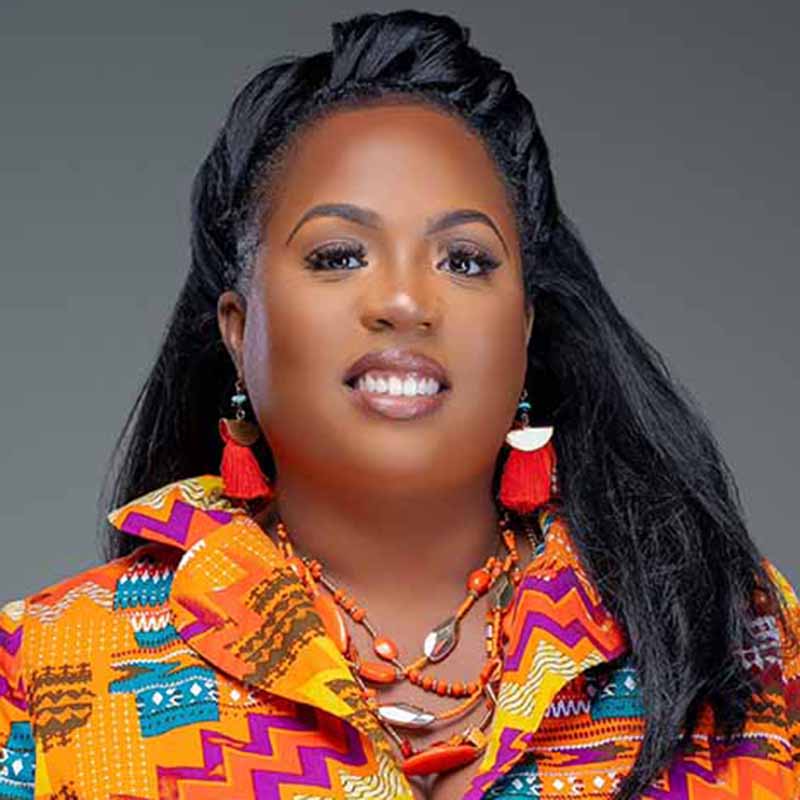The Value of Creating Inclusive Event Spaces
Creating inclusive spaces at events is not just a trend—it’s a necessity in today’s diverse world. By fostering an environment where everyone feels welcome, valued, and respected, event organizers significantly enhance the overall experience for all attendees while promoting social progress.
The value of creating inclusive spaces at events extends far beyond meeting legal requirements. It’s about building a community where every attendee feels they belong and can contribute meaningfully. By embracing inclusivity, event organizers create richer, more impactful experiences that benefit all participants and contribute to a more inclusive society.
When events prioritize inclusivity, they encourage wider participation. People with varying abilities, backgrounds, and perspectives bring unique insights and experiences. By creating an environment where everyone feels comfortable sharing their thoughts, events benefit from a broader range of ideas and discussions, leading to more dynamic and innovative outcomes.
Creating inclusive spaces often means prioritizing accessibility. This includes physical access, such as wheelchair ramps and accessible restrooms, as well as digital accessibility, such as captioning for presentations. By considering these aspects, organizers ensure everyone can participate, regardless of their abilities. This commitment to accessibility enhances the overall quality of the event.
By implementing these strategies for creating inclusive spaces, you can take your events to the next level.
- Assemble a planning team that reflects the diversity you want to see at your event. A team with varied backgrounds and experiences can provide valuable insights into creating a truly inclusive environment.
- Choose the right venues that are physically accessible to all attendees, including those with mobility challenges. This means considering factors such as ramps, elevators, and accessible restrooms.
- Provide inclusive programming to ensure your event represents diverse perspectives. This includes selecting speakers and presenters from various backgrounds and addressing topics relevant to different groups.
- Provide accommodations for attendees with special needs. This might include sign language interpreters, closed captioning for presentations, or materials in alternative formats.
- Practice cultural sensitivity by being mindful of cultural differences in your event planning. This could involve offering diverse food options, respecting religious observances, or providing prayer spaces.
- Designate gender-inclusive facilities that offer gender-neutral restrooms and ensure that facilities are welcoming to individuals of all gender identities.
As we plan our events, let’s remember that inclusivity enriches the experience for all attendees and contributes to a more equitable society. By prioritizing inclusivity, we create memorable events that resonate with everyone, leaving a lasting impact long after the event concludes. Creating inclusive event spaces is an ongoing process, so accept the challenge to make every event an opportunity to celebrate diversity and foster inclusion.









